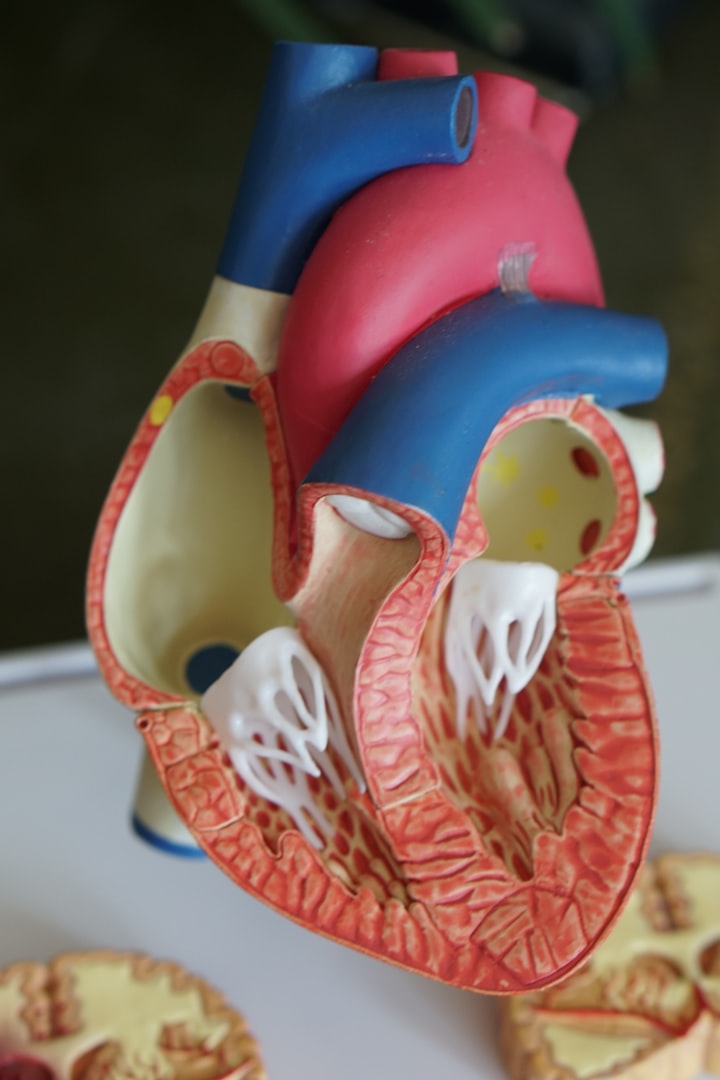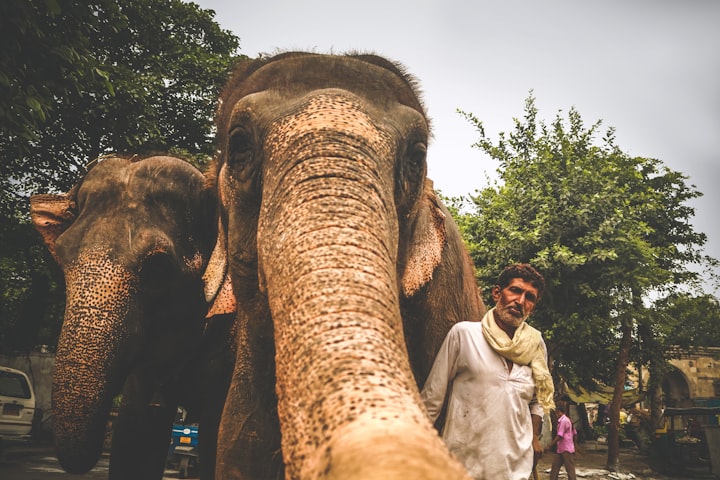NO VITAL ORGANS, NO LIFE!
THE FIVE VITAL ORGANS OF OUR BODY

introduction
The human body is a complex system that is made up of several vital organs working together to keep us alive and functioning properly. These organs are responsible for various important functions that are essential for our survival. In this article, we will discuss five vital organs in the human body and their functions.
The heart: The heart is one of the most vital organs in the human body, responsible for pumping oxygen-rich blood to all parts of the body. It is a muscular organ that is located in the chest, slightly to the left of the center. The heart beats about 100,000 times a day, pushing approximately 2,000 gallons of blood through our blood vessels. This continuous circulation of blood supplies oxygen and nutrients to the cells and carries waste products away from the tissues. The heart is divided into four chambers – the left and right atria and the left and right ventricles. The atria receive blood from the body and the lungs, while the ventricles pump blood out to the body and the lungs.
The lungs: The lungs are another vital organ in the human body that plays a crucial role in the respiratory system. They are located in the chest and are responsible for the exchange of oxygen and carbon dioxide. When we breathe in, the lungs take in oxygen from the air and deliver it to the bloodstream. At the same time, they remove carbon dioxide from the blood and exhale it out of the body. The lungs are made up of bronchial tubes, bronchioles, and alveoli, where this exchange of gases takes place. The alveoli are small air sacs that are surrounded by tiny blood vessels, allowing oxygen to pass into the bloodstream and carbon dioxide to be released.
The liver: The liver is the largest glandular organ in the human body and is located in the upper right side of the abdomen, just below the diaphragm. It performs a wide range of functions that are essential for our health and well-being. One of the main functions of the liver is to filter and process blood as it comes from the digestive tract, removing toxins and harmful substances. The liver also produces bile, which helps digest fats, and stores glucose in the form of glycogen, releasing it into the bloodstream when needed. Additionally, the liver plays a role in the metabolism of proteins, fats, and carbohydrates, and helps regulate blood clotting.
The kidneys: The kidneys are two bean-shaped organs located on either side of the spine, just below the rib cage. They are responsible for filtering waste and excess fluids from the blood to form urine, which is then excreted from the body. The kidneys also help regulate the body's electrolyte balance, blood pressure, and red blood cell production. Each kidney contains around one million tiny filtering units called nephrons, which remove waste products and excess substances from the blood. The kidneys also play a crucial role in maintaining the body's acid-base balance and producing certain hormones that help regulate blood pressure.
The brain: The brain is the command center of the body, responsible for controlling and coordinating all of its functions. It is an incredibly complex organ that is made up of billions of nerve cells called neurons. The brain is divided into different regions that are responsible for specific functions, such as thinking, memory, emotions, and movement. The brain also controls involuntary actions, such as breathing and heart rate, and receives and processes sensory information from the body. It is protected by the skull and is connected to the spinal cord, which allows it to communicate with the rest of the body.
In conclusion, these five vital organs – the heart, lungs, liver, kidneys, and brain – play essential roles in keeping us alive and healthy. Each organ performs specific functions that are crucial for our survival, and they work together in harmony to maintain the body's overall balance and well-being. It is important to take care of these organs through a healthy lifestyle, regular exercise, and proper medical care to ensure optimal health and longevity.
I WISH YOU HEALTH LIFE
About the Creator
naol abraham
now I am living here as a guest and um gonna leave this world one day!






Comments
There are no comments for this story
Be the first to respond and start the conversation.